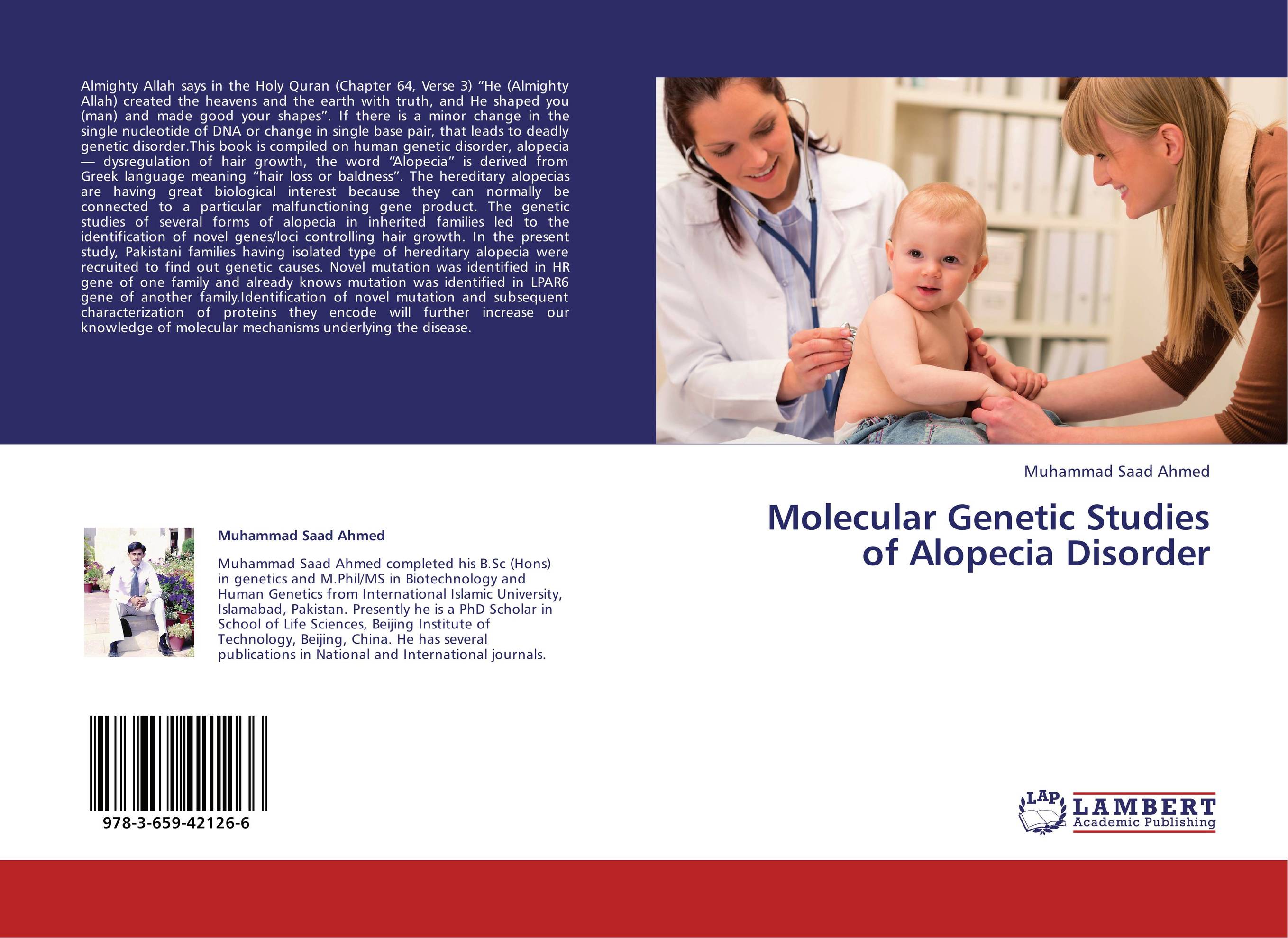| Поиск по каталогу |
|
(строгое соответствие)
|
- Профессиональная
- Научно-популярная
- Художественная
- Публицистика
- Детская
- Искусство
- Хобби, семья, дом
- Спорт
- Путеводители
- Блокноты, тетради, открытки
Molecular Genetic Studies of Alopecia Disorder.

В наличии
| Местонахождение: Алматы | Состояние экземпляра: новый |

Бумажная
версия
версия
Автор: Muhammad Saad Ahmed
ISBN: 9783659421266
Год издания: 2013
Формат книги: 60×90/16 (145×215 мм)
Количество страниц: 96
Издательство: LAP LAMBERT Academic Publishing
Цена: 34186 тг
Положить в корзину
| Способы доставки в город Алматы * комплектация (срок до отгрузки) не более 2 рабочих дней |
| Самовывоз из города Алматы (пункты самовывоза партнёра CDEK) |
| Курьерская доставка CDEK из города Москва |
| Доставка Почтой России из города Москва |
Аннотация: Almighty Allah says in the Holy Quran (Chapter 64, Verse 3) “He (Almighty Allah) created the heavens and the earth with truth, and He shaped you (man) and made good your shapes”. If there is a minor change in the single nucleotide of DNA or change in single base pair, that leads to deadly genetic disorder.This book is compiled on human genetic disorder, alopecia— dysregulation of hair growth, the word “Alopecia” is derived from Greek language meaning “hair loss or baldness”. The hereditary alopecias are having great biological interest because they can normally be connected to a particular malfunctioning gene product. The genetic studies of several forms of alopecia in inherited families led to the identification of novel genes/loci controlling hair growth. In the present study, Pakistani families having isolated type of hereditary alopecia were recruited to find out genetic causes. Novel mutation was identified in HR gene of one family and already knows mutation was identified in LPAR6 gene of another family.Identification of novel mutation and subsequent characterization of proteins they encode will further increase our knowledge of molecular mechanisms underlying the disease.
Ключевые слова: mutation, genetic disorders, Congenital alopecia universalis, Human Hairless (HR) gene, LPAR6 gene, Hypotrichosis



